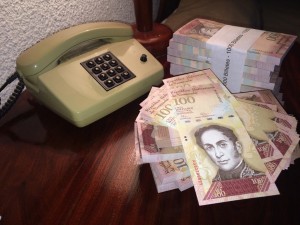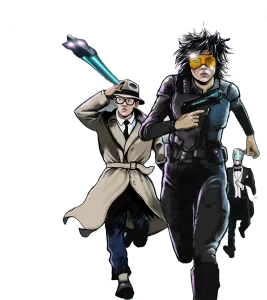“Caracas – murder capital of the world!” trumpet the uncomforting headlines. According to the Daily Mail we would be two times safer in Baghdad than we are here (whatever that means). Unsurprisingly, these statistics do not tell the whole truth. The majority of murders in Caracas are committed by the poorest on the poorest and although attacks on foreign nationals gain all the headlines, violent crime, it seems, never strays far from its roots.
That said, the airport is a little hairy and when we arrive at the hotel we are warned to stay within the security compound because ‘there is literally no safe part of town’. Nevertheless, leaving aside the justifiable paranoia and the tabloid bellowing there is a truly beautiful country here.
My travelling companion and I are in Venezuela for two weeks of trekking in the remote Gran Sabana and navigating the Akkanan river in a dugout canoe. It is an adventure of heroic proportions and already our excitement is building. From our hotel window we can see the Avila hills towering over northern Caracas, wreathed in woolly cloud. Humid forest smells hang in the air and painted brick housing explodes in pastel hues across the palm covered hillsides.
First order of the day on arriving at the hotel is to change some money. Venezuelan Bolivars are not available outside the country and all transactions must be done here at the official bank rate of 6 Bolivars to the $ or, if you prefer, at the black market rate of 750 Bolivars to the $. Unsurprisingly there is not much of a queue for the official currency exchange desk.
The money changer is a nervous character which is understandable when you consider that the cash in his briefcase is around 10 times the national average salary and that this is a place where you can be shot for your sunglasses. “Would you mind shutting the door,” is his first request; “Yup, absolutely – shutting the door – no problem whatsoever there.”
We will need around $240 worth of local currency which is roughly 180,000 Bolivars. Despite rampant inflation of around 800% (figures correct at time of going to press) the government refuses to print any denominations larger than a 100 Bolivar note. Accordingly, in exchange for our $240 dollars we receive a stack of notes a foot high.
Stuffing the money into our rucksacks we return to our room and spread the stack guiltily on the bed. The room looks like a scene from ‘Breaking Bad’ or that part of a heist movie where the gang is counting the money moments before someone sprays the room with automatic gunfire.
The large wads of cash take some getting used to – a couple of decent burgers and a coke required a wadge of over 150 bank notes to pay for it. “Don’t take more than two stacks of bills out with you at any one time,” advises our guide in a slightly surreal exchange.
Money matters aside, the little we have seen of the country so far confirms that it is quite beautiful and the obvious enthusiasm of our hosts leaves us excited and anxious for the adventure to begin. We will leave, we are told, at 7.00am tomorrow morning. This is slightly later than planned as our guides will first need to pick up money to pay for porters and provisions along the way. They will both need to go because the sack of cash we will take with us weighs over half a hundredweight.
Welcome to Venezuela.




